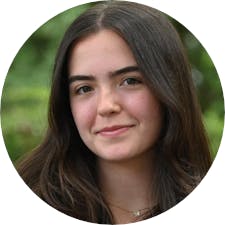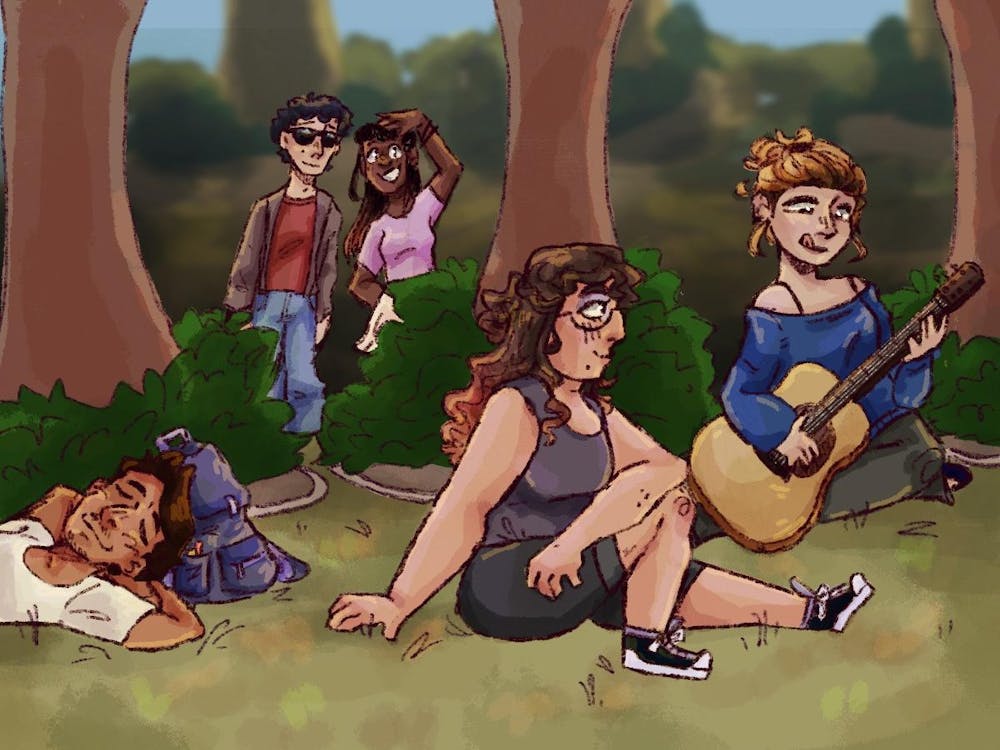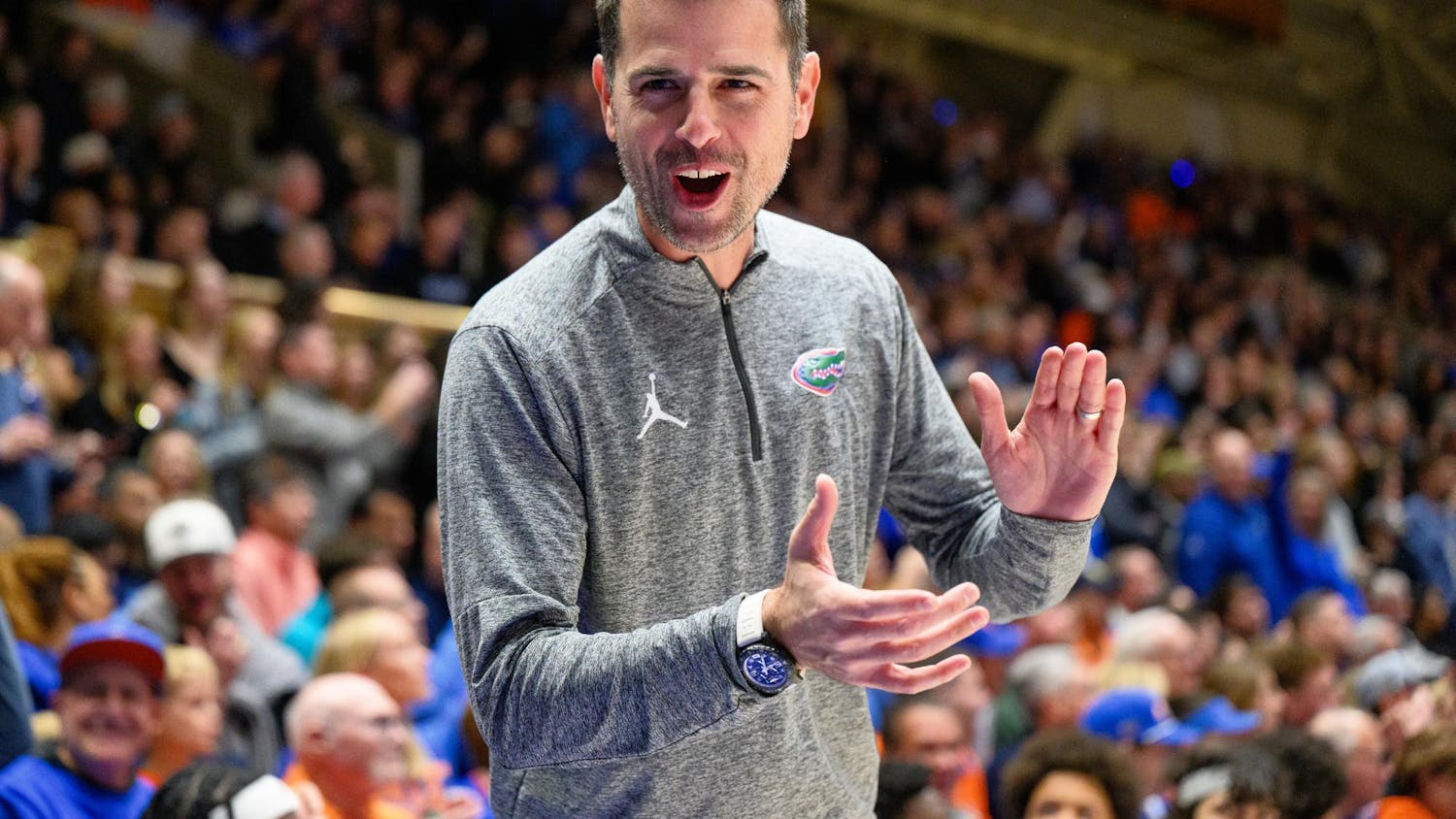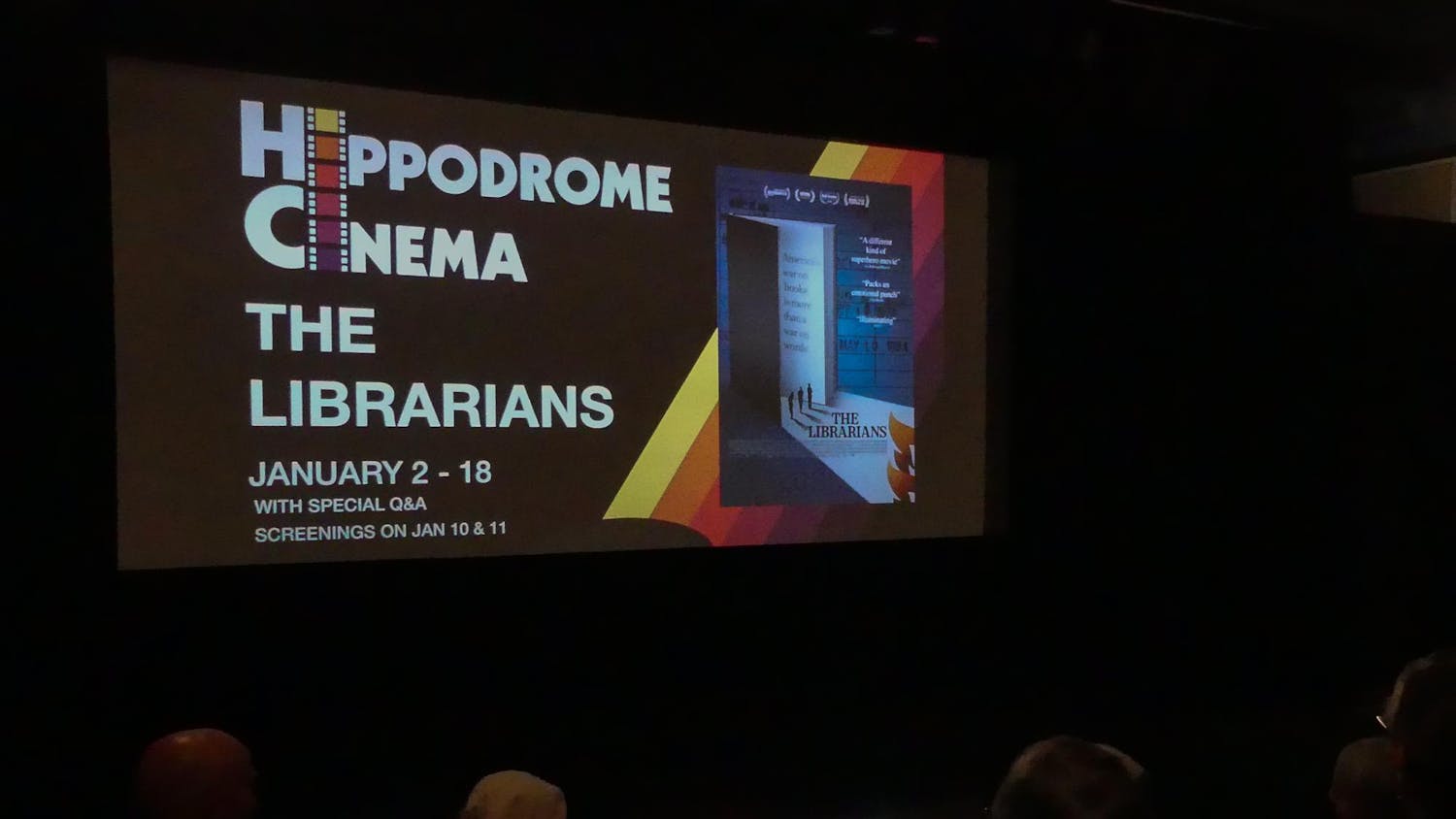Anelise Bullard recalls the isolating feeling two years ago of walking into classrooms as the only student using a mobility aid. Now, she leads a club for students to reconnect with nature — regardless of their abilities or chronic illnesses.
Chronically Outside UF, a student organization dedicated to outdoorsy students of all abilities, emerged earlier this year. Bullard said the club provides a great opportunity for students to go outside and meet people enduring similar difficulties who want to build a safe space together.
Bullard felt a sense of elitism tied to outdoor recreation, she said, and wanted to show people with disabilities belong in public spaces.
“Outside is for everyone,” she said.
It was during her freshman year that Bullard, now a 21-year-old junior UF forest resources and conservation major, began dealing with her own chronic pain. Eventually, walking up the stairs of her Springs Complex dorm became challenging, and Bullard had to visit doctors who diagnosed her with weakness in the knees and hips.
While her dorm had an elevator, Bullard said, she often relied on the stairs as they were closer to her room. She continued trying the stairs for a while out of denial she was losing mobility but now relies on elevators, she said.
Bullard said her primary-care physician believes her pain symptoms indicate hypermobile ehlers danlos, or EDS, a condition characterized by hyper-mobile joints. She is on a waitlist for an EDS specialist to finalize the diagnosis, but the wait could take a year.
Physical therapy was no help, and soon Bullard developed symptoms like fatigue and headaches. Even after buying a walking cane, she experienced pain so severe she had to miss class some days, and she felt emotionally taxed because of all the doctors appointments.
“The thought of knowing that I would always be sick was upsetting and discouraging,” she said.
Bullard said Chronically Outside introduced her to like-minded students and a support system to help navigate her chronic illness. She hopes other members will grow to lean on one another as well, she said, and anyone — with or without a condition —should consider joining.
At one of the club’s events, she said, a student spoke to her about his father’s experience with long Covid-19, or ongoing Covid-19 symptoms after the initial infection fades. The student, Bullard said, joined Chronically Outside to learn to help people living with a chronic condition.
“Seeing the lived experiences of other people and getting outdoors and just hanging out and accepting an open minded environment, I think is pretty valuable,” she said.
Bullard said Chronically Outside is now mainly focusing on hosting community-building social events. Sept. 20, the club partnered with the Natural Resources and Diversity Initiative to host a decompressing nature walk, and it will have a rock painting social at Lake Alice on Sept. 26.
Fostering new relationships is not where Chronically Outside’s job ends, though.
The club is also creating a database describing UF trails. The goal, Bullard said, is to provide a resource for members to understand trail conditions and intensity levels, so hikers can easily measure their accessibility.
Chronically Outside’s treasurer, Bailey Berenson, a 20-year-old junior UF natural resources conservation major, said the club’s mission is “rooted in activism,” and it provides an outlet for students with chronic illness to form a network.
“We should be advocating for comfortable spaces where people are able to enjoy nature in a way that's peaceful, whether that's with other people or in a solitude environment,” she said.
Berenson added membership might improve students’ mental health by connecting students who appreciate the outdoors and giving them opportunities to get in touch with nature. The club is for everyone, not just people with chronic illnesses, she said.
Vice President Wesley McCoy, a 20-year-old UF wildlife ecology and conservation junior, was intrigued by Chronically Outside’s uniqueness after encountering the club on social media.
McCoy, who uses they/them pronouns, lives with visual snow syndrome, a condition causing constant snow or static-like dots disrupting a person’s vision. Chronically Outside makes them feel more seen, they said.
All people are part of nature, McCoy said, and people with a chronic illness should not be denied “that part of themselves.”
“Keeping those who are differently abled indoors because we don't make that part of this world accessible … makes it easier to take that part away from them,” they said.
McCoy said the most important message they’ve taken from Chronically Outside is to be more aware of accessibility issues. Advocating for accessibility is important, as one individual alone may not be heard, but coming together as a club facilitates the mission.
True to McCoy’s words, Chronically Outside has already joined other climate activist groups to jump into environmental advocacy. The group co-signed a letter drafted by Sunrise Movement Gainesville condemning UF for shutting down the Office of Sustainability. It also co-sponsored a Student Government resolution to restore RTS funding.
“People have power, and their voices, and the more voices, the louder what you’re trying to say is said,” McCoy said.
Contact Maria Arruda at marruda@alligator.org. Follow her on X at @mariazalfarruda.

Maria is the Fall 2025 student government reporter for the Alligator. She's a sophomore journalism and political science major at UF and hopes to work as a political correspondent one day! Maria loves to read, hang out with her friends, see her family and go to the gym in her spare time.






